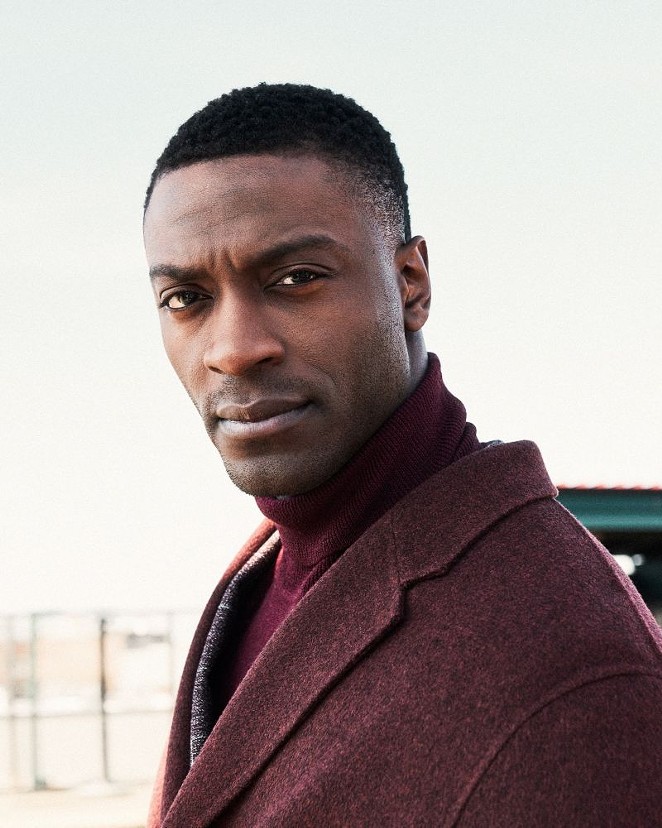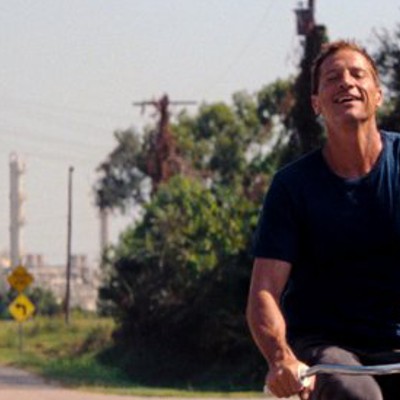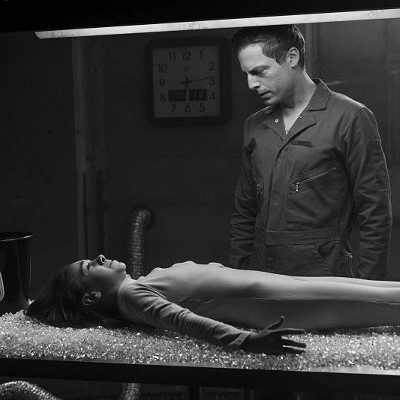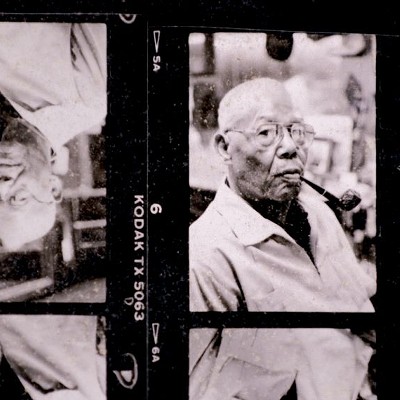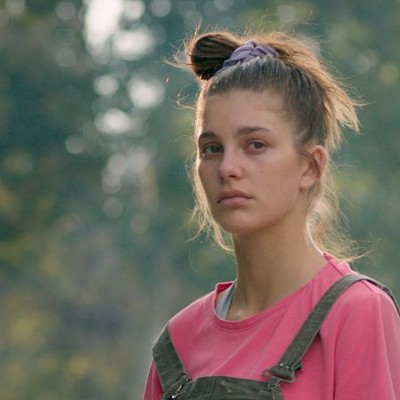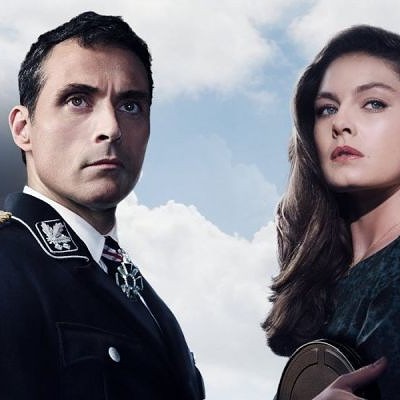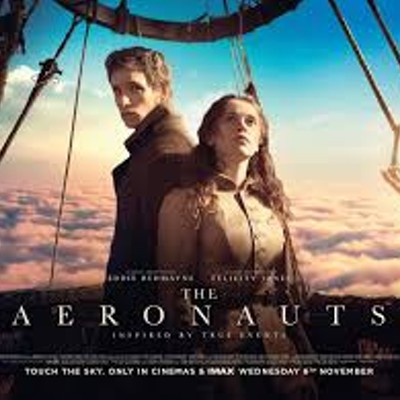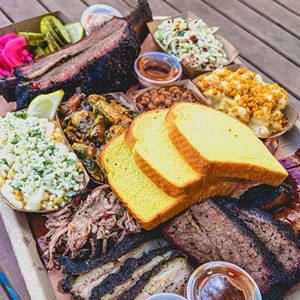CRITICALLY-acclaimed actor Aldis Hodge is one of a group of esteemed actors and film industry heavyweights set to the Discovery Award honor at this year's SCAD Savannah Film Festival, which is taking place from October 26 through November 2.
Hodge, a lifelong actor who started as a child hoping to follow in the footsteps of his brother Edwin, has had a pretty big year. Not only does he star alongside Kevin Bacon in the series City On A Hill, he’s also had some pretty major film roles in Tom Shadyac’s powerful Brian Banks and Chinonye Chukwu’s upcoming Clemency.
Clemency is notably inspired by the story of Troy Davis, who was convicted of the 1989 murder of Savannah police offer Mark MacPhail despite decades of doubt surrounding the case. Davis was exectued in 2011, following a widespread effort to be granted clemency that garnered support from the likes of President Jimmy Carter and Pope Benedict XVI.
Hodge’s award will be presented during a Q&A following a screening of Clemency at the Lucas Theatre on Mon., Oct. 28 at 9:30 P.M.
Ahead of the screening and Q&A, we spoke to Hodge about his incredible career trajectory and what being an actor really means to him.
What made you get into this line of work?
I got into this line of work following my brother, Edwin Hodge. He’s actually in Atlanta right now working on his upcoming film Ghost Draft, starring alongside Chris Pratt. He started when he was 3, and I came up behind him. My mom said that if I was going to do it, I had to be serious about it and earn it.
When I was 12 years old, I was fired from a job for performing too well. They thought that my character and two other characters on the show performed a little bit better than their primary lead, and they didn’t want us to distract so they fired us.
Oh, wow!
Yeah, it was a little weird. How do you do your job too well? [laughs]. But I said, all right, if I’m going to do this, I don’t want to be in a position of being expendable or being something somebody takes off a shelf every now and then when they feel like it.
That’s when I really started writing and decided that if I’m going to do this, it’s going to be mine. I don’t want to just be an actor—I’m going to be a full-on artist.
It’s not really about acting, for me. It has to do with my passion for being able to contribute to the craft, to the art. I have an ambition for how I see acting, and the issues that I see in the industry that I’d hope to be a part of fixing. So I’m not sure that for me it was every really about acting.
I don’t think as a kid I ever said that I wanted to be an actor. I was just in it, and then I had ambitions that grew out if it. Because I wasn’t satisfied. I wasn’t seeing the stories written that were necessary, which I knew to be true.
That’s what pushed me to writing. So my ambition comes out of necessity.
That’s an interesting perspective. It seems like that mentality is on full display with movies like Brian Banks, where you tell the true story of a man falsely convicted of rape, and Clemency, in which your character was inspired by Troy Davis and his fight for clemency. Why is it important for you to take roles like that?
I take those roles because they're substantive. There are challenges creatively and artistically, and it allows me to have a conversation with my audience about being progressive and hopefully inspiring somebody to get out there and be active and do the work.
Granted, not every job I take is going to be in the same vein of cultural responsibility or advocacy, but when those opportunities are there I love to jump on them.
Look, I’m a black man. I am not absolved of any of these issues that go on today. It’s frustrating, tiring, and exhausting. Any part that I can play in terms of using my platform to hopefully defeat some of this, I’m going to take it.
I do extracurricular work outside of acting, but when it comes to that specifically—I love to take all kinds of roles, whether it’s the main protagonist, antagonist, it doesn’t matter.
But what is the point? What story are we telling? Am I playing a thug for the purpose of playing a thug that doesn’t move the needle? Or am I playing a conflicted villain who actually has a reason for why he is the way he is?
You mentioned writing; is that something you’re always working on? What do you foresee for the future in terms of those endeavors?
Right now, I’m getting ready to executive-produce two films. I’m also producing and directing my first short next year, and always writing new projects to pitch.
I don’t have as much time as I’d like to sit and write full films and full scripts; between my shooting schedule and my other work; it kind of takes away my flow. So I spend as much time as I can developing stories, and then putting a writing team together to help finish it.
I have an animated [project] that I’m working on, that I’m working with a team to develop. And outside of that, two different TV series that I’m working on as well. So, you know, I try to fit it in when I can. Time is very much a rare luxury, which is a good problem to have. But when I get it, I try and get to work.

